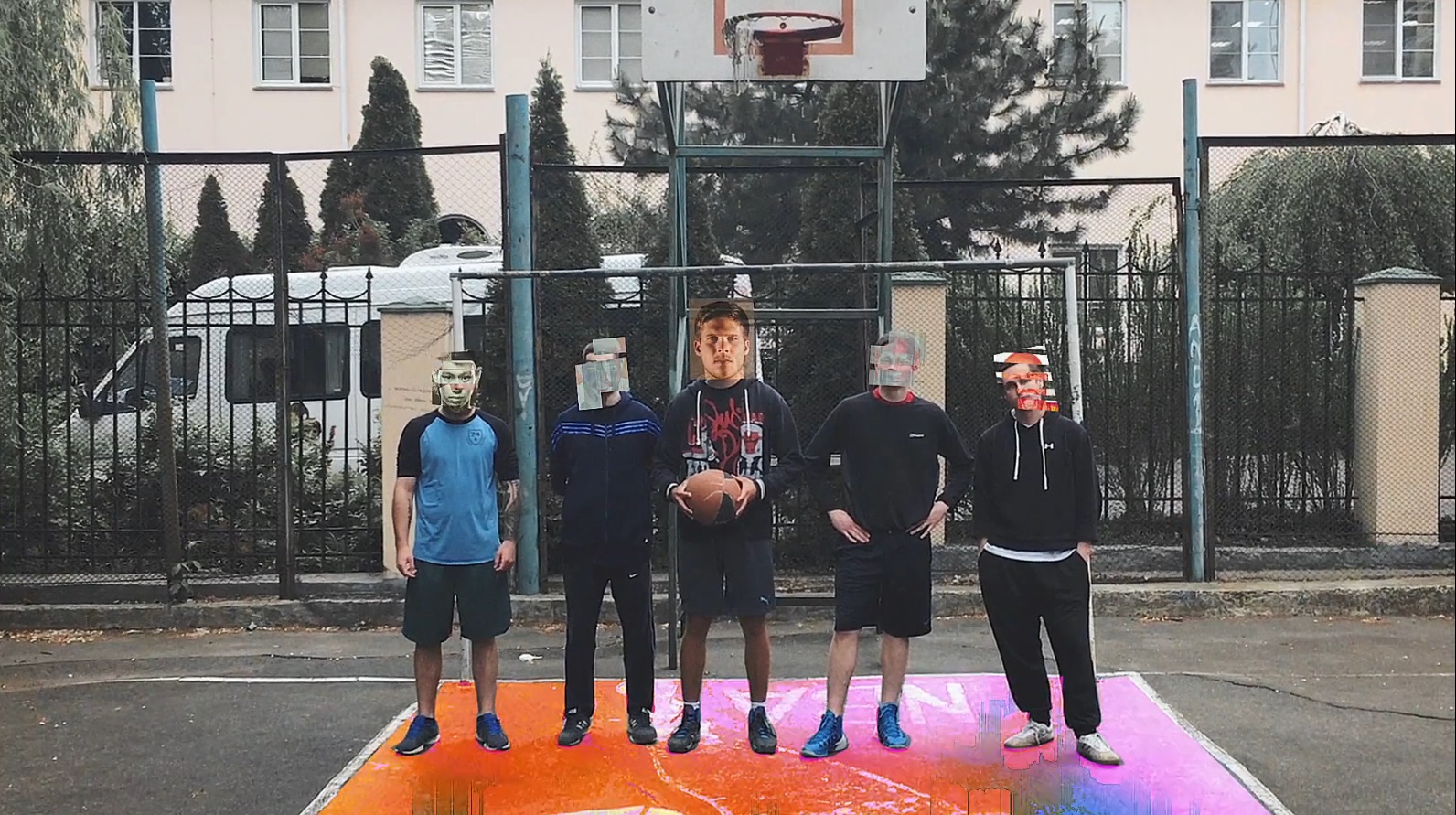What do American actor David Hasselhoff, British singer George Michael and Japanese director Akira Kurosawa have in common? They’re all important figures in German filmmaker Hito Steyerl’s 2013 essay “Freedom from Everything: Freelancers and Mercenaries,” as published in the journal e-flux. Steyerl conceptualizes and explores the concept of “negative freedom,” which she ultimately describes as a freedom from “anything public” and “the rule of law.” Essentially, it is a freedom that relieves people from participating in collective action and public institutions and makes them exempt from accountability, sustainability and societal responsibility.
This is a concept taken up by Canadian experimental filmmaker Mike Hoolboom in his latest feature, Freedom from Everything, which had its world premiere at Hot Docs in April. The film, named after and heavily influenced by Steyerl’s essay, expands the concept of freedom to account for ideas around philosophy, pandemic and history. Hoolboom is present throughout the film in his haunting, slow voice-over, which narrates how his life—mainly, his experience in being diagnosed and living with AIDS—fuses with the COVID-19 pandemic and the larger issues associated with labour and capitalism.
We learn that Hoolboom was diagnosed with AIDS in the 1980s, a decade in which the autoimmune disorder was called everything from “Gay Man’s Pneumonia” to “the Gay Plague.” The latter term infamously elicited laughter at a White House press briefing in 1982. Hoolboom includes the chilling audio recording in his film. “It’s a pretty serious thing,” journalist Rev. Lester Kinsolving says, in response to his contemporaries’ laughter. “One in three people that get this have died, and I wonder if the president was aware of this?”
“I don’t have it—do you?” answers Deputy Press Secretary Larry Speakes, to even louder laughter.
Knowing what we know now—that AIDS would go on to become the world’s leading cause of death not even two decades later—this is a horrifying interaction, one devoid of any empathy or concern for the more than 800 individuals who had already lost their lives to AIDS in the United States at that point. This callousness, however, is not surprising, as Speakes was the press secretary for then President Ronald Reagan. Reagan was part of a neoliberal movement sweeping the Western world; a movement that empowered then British prime minister Margaret Thatcher to say, “There’s no such thing as society. There are individual men and women, and there are families.” The idea that government has no responsibility to improve its people’s lives makes up the crux of neoliberalism, and is consequently critiqued by Hoolboom.
It is neoliberalism—through the vehicle of Reagan and Thatcher—that allows Hoolboom to transition to his next focus within the film: freelancers and mercenaries. One of the tactics Hoolboom uses several times throughout his film is etymology: he unravels words’ definitions as if to say that their linguistic origins are profound. “Quarantine” comes from the Italian for “40 days,” when those afflicted with the Black Plague tried to enter Italy and were made to wait (more on that later); “pandemic” comes from the Greek for “all people”; and “freelance” comes from Scottish novelist Sir Walter Scott’s 1819 novel Ivanhoe.
Scott used the term to refer to a “free lance”—a lance who was not sworn to any specific lord. In other words, a mercenary. This isolated figure, one who neither has a moral investment in their work nor a collective around whom to find solidarity, is one who supersedes history and literature to make up our workforces today. This prompts Steyerl to categorize our current state of labour as “neo-feudal.” Hoolboom concurs.
In her essay, Steyerl uses two philosophical terms to describe the ronin, the samurai freelancers seen in many of Akira Kurosawa’s films: “Hobbesian” and “lumpen.” The first term references philosopher Thomas Hobbes’s belief that human nature is devoid of inherent morality, and thus “goodness” is only that which an individual desires, while the latter is a Marxist term describing one who is uninterested in revolution. It is easy to see then why Seven Samurai (1954) and Yojimbo (1961) and this description of their main characters were included in a paper about negative freedom. But while Hoolboom also discusses these films, he doesn’t include the same analyses, making it difficult to understand why we’re going over this branch of Japanese cinema in a documentary about freedom and, ostensibly, the COVID-19 pandemic.
This brings me to my main critique of the film: at times, it feels like a puzzle with too many pieces; Hoolboom attempts to encompass several global histories when a few would have worked just as well. He quotes thinkers such as James Baldwin, Audre Lorde and Michel Foucault, without offering a brief explanation as to their significance in their respective schools of thought—it’s easy to imagine that someone unfamiliar with these individuals would immediately forget their words. It is hard to ruminate on a quote, profound though it may be, when you’re inundated with a deluge of information —most of which is metaphysical in nature. While Hoolboom doesn’t purport himself to be an educator and Freedom from Everything an educational film, a slower pace and more emphasis on the bridges that connect his different topics would have made this work a smoother watch and more accessible to those new to this particular branch of political and philosophical inquiry.
Still, Freedom from Everything is rewarding viewing. Its dense subject matter and abstract imagery— clips of films, mixed with 3D model renderings, mixed with home footage—make for a necessary examination of the intersection of two main social viruses: capitalism and individualism. Hoolboom asks us to connect the dots between how the same machinations that inspired Thatcher to decry the concept of society separate the ill from the healthy, and the worker from his peers. Even if this thought exercise could have used a narrative buttress from the documentarian himself, the ultimate result is a lyrical film that spends most of its time imagining a better future instead of solely condemning the present and the past.


 Why you can trust Xtra
Why you can trust Xtra


